Featured
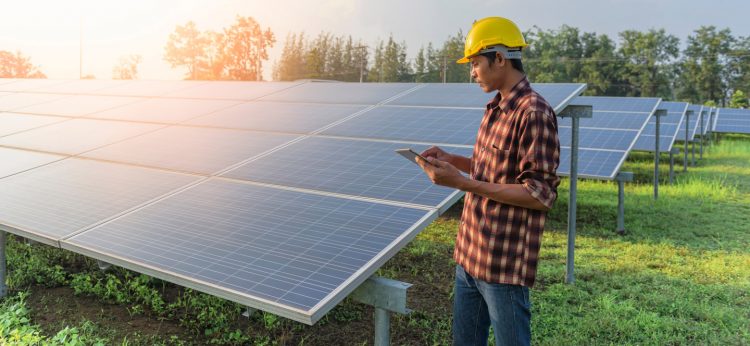
Managed wind-down of BC’s fossil fuel industries: a just transition to a green economy
Imagine it’s 2025 and because of the escalating climate crisis, governments in Asia have declared ambitious new climate action plans and an aggressive transition off natural gas. BC’s fossil fuel exports would soon dry up, workers would be laid off and local communities would lose public- and private-sector jobs. This type of scenario needs to …

Winding Down BC’s Fossil Fuel Industries: Planning for climate justice in a zero-carbon economy
For British Columbia to meet its emissions targets and not perpetuate the climate crisis, it must phase out its fossil fuel industries by mid-century. This means strategically and thoughtfully planning for the coming energy transition, including full decarbonization of the economy by 2050 and a fair transition for workers and resource-dependent communities. The report outlines …
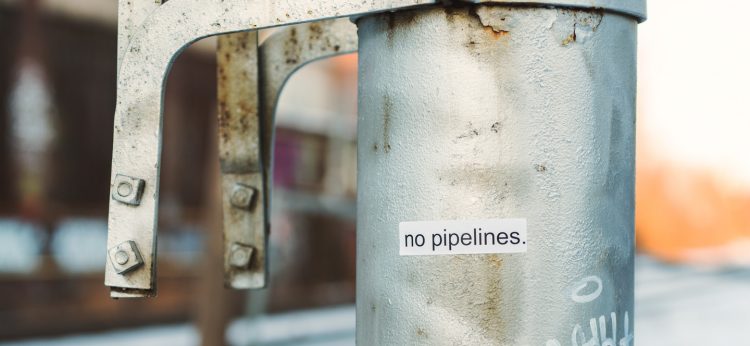
Coastal GasLink connects bad economics with terrible climate policy while trampling on Indigenous rights
Protests around BC and the rest of the country have put Indigenous issues front and centre in discussions of Canadian politics and energy policy. Approved by the BC government, TransCanada’s Coastal GasLink pipeline would run through Wet’suwet’en territory and the company argues it is in the broader “public interest” because of “substantial benefits to First …
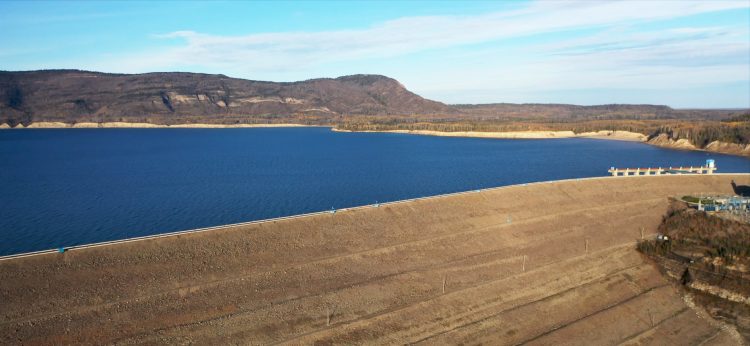
Peace River Frack-Up
Part 1 of a report on how fracking poses risks to BC Hydro’s Peace River dams Read Part 2 of the report View timeline BC Hydro has known for well over a decade that its Peace Canyon dam is built on weak, unstable rock and that an earthquake triggered by a nearby natural gas industry …
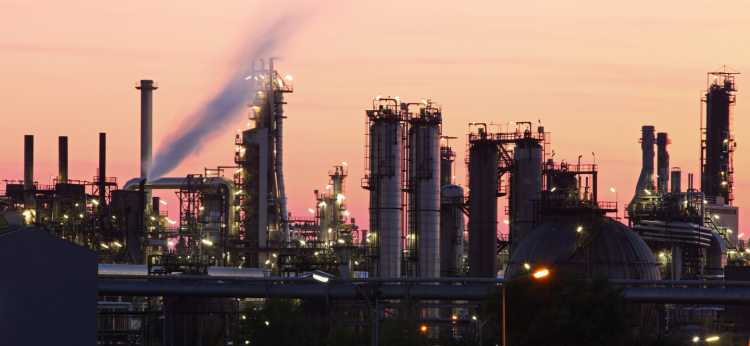
Oil Together Now: Who’s really playing politics in the classroom?
Alberta Education Minister Adriana LaGrange is very concerned that teachers in classrooms across the province are turning students into anti-oil zealots. Her evidence? Two multiple-choice questions from a grade 10 Social Studies test, reportedly sent by a parent, that appear to cast aspersions on oilsands development (the offending options have been helpfully highlighted). In the first, …
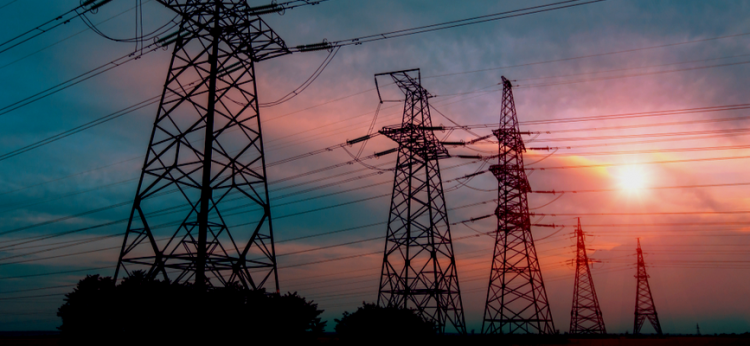
An electrifying announcement leads to more questions than answers
In late August, Prime Minister Justin Trudeau traveled to Vancouver to announce that the federal government had agreed to financially support a new hydroelectric transmission line project in British Columbia’s remote northeast region. In a memorandum of understanding signed with the provincial government, the federal government committed $83.6 million to the project, which will cover …

Crude Lessons: Fossil Fuel Industry Influence on Environmental Education in Saskatchewan
With climate and energy issues dominating much of the political debate, the question of how and what students learn about these issues in our public schools has become an increasingly contentious issue. This is especially the case in Western Canada, where recent comments by conservative politicians and pundits like Alberta Education minister Adriana LaGrange and …
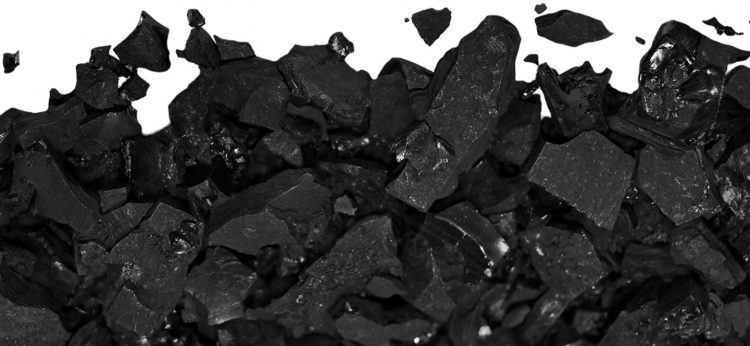
Alberta’s Coal Phase-Out: A Just Transition?
This report evaluates Alberta’s accelerated phase-out of coal-fired electricity against principles and lessons gleaned from the just transition literature. In November 2015, Alberta Premier Rachel Notley’s NDP government announced its Climate Leadership Plan, which aimed to accelerate the transition away from coal power toward natural gas and renewable electricity generation. The plan also included a …
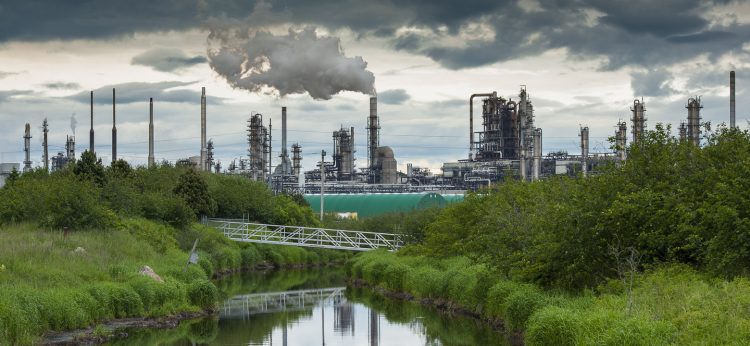
Fossil Futures: The Canada Pension Plan’s Failure to Respect the 1.5-Degree Celsius Limit
The Canada Pension Plan Investment Board (CPPIB) manages one of the country’s largest pools of investment capital at over $400 billion. How pension funds choose to invest has significant bearing on how we collectively address the climate emergency and the needed energy transition away from fossil fuels. This report asks if the CPPIB is investing …
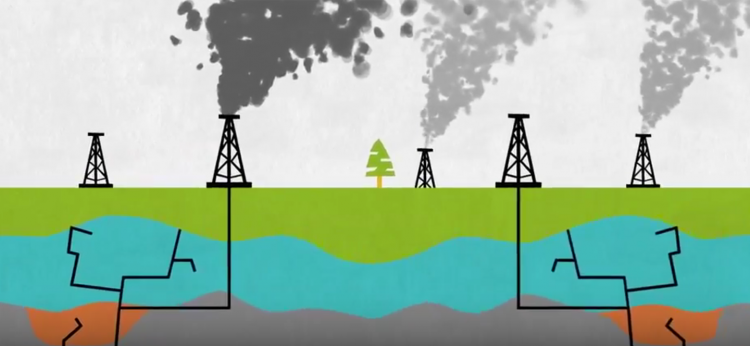
BC Government Fossil Fuel Subsidy Data Finally Public
For more than two years, the British Columbia government has vigorously fought efforts to compel the release of information on the hundreds of millions of dollars in subsidies that it doles out to fossil fuel companies each year. It has either refused outright to release documents or it has handed over pages of essentially worthless …

Big Oil’s Political Reach: Mapping fossil fuel lobbying from Harper to Trudeau
In Canada between 2011 and 2018 the fossil fuel industry was one of the most active industry groups lobbying the federal government with over six contacts per working day made with government officials. During this period, the intensity of lobbying increased when salient policy issues—like the Environmental Assessment Act—arose or when there were big stakes …
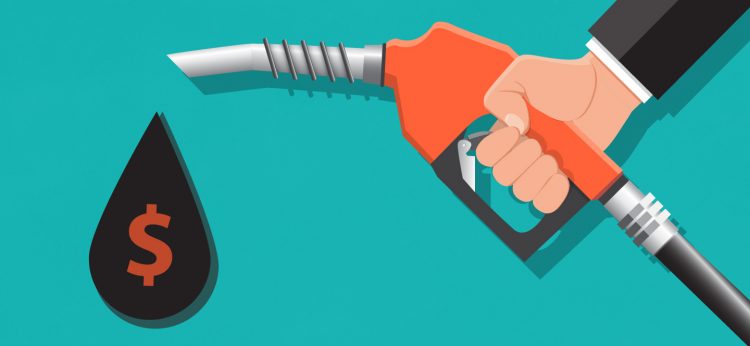
Yep, it’s gouging: What we learned from the BCUC gas prices inquiry and what’s next
The BC Utilities Commission (BCUC) inquiry into gas prices delivered its bombshell final report on August 30. Among its key findings: at least 13 cents per litre of the higher gas prices at the pump over the past couple years is “unexplained” relative to what one would expect from a functioning competitive market. This is …





